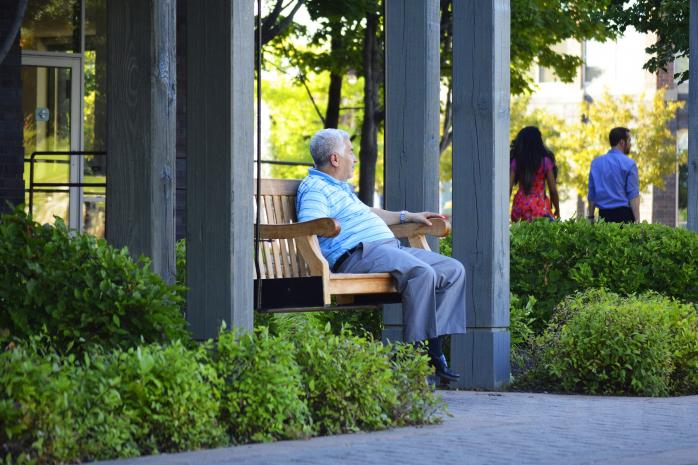
On 1 July 2020, Charikleia Lampraki brilliantly defended her thesis entitled “Social and self-continuity dynamics after intimate partner loss in later life”. Her research focused on the evolution of self-continuity and social continuity after the loss of a partner in the second half of life, through divorce or death. She shows that both types of continuity are beneficial to health and play an important role in coping with the loss of a partner.
This thesis succeeds in highlighting the significant role of self-continuity in coping with difficulties in old age. Dr Lampraki shows that events, even distant ones in the entire life course, still have a significant impact on the perception of identity in old age as well as on aging well: an important sense of continuity is linked to better well-being following divorce or bereavement. These findings may help mental health professionals design interventions that address the negative impacts of life-course events on self-continuity and thus strengthen the perception of self-continuity following events such as the loss of a partner.
The perception of continuity, both social and of oneself, is a mechanism of identity that is shaped throughout life and which proves to be decisive in old age. Self-continuity is strongly influenced by an individual’s life course and the events that mark it (in this case, divorce or the bereavement of a partner), whereas social continuity is embodied in the maintenance of social groups and roles. Both of these continuities have been shown to be beneficial to health. However, research had not yet paid much attention to the impact of critical events on self-continuity in old age and its potential implications for health and well-being. This is exactly the gap that Dr Lampraki wanted to fill with her doctoral thesis.
In conducting her research, the author took a dynamic perspective on vulnerability and drew on the model of continuity of normal aging to address three main objectives:
- To study how self-continuity develops with age (specifically in relation to divorce and bereavement).
- To assess the role of self-continuity and social continuity as a coping mechanism following divorce.
- To investigate the function of self-continuity as a coping mechanism for the loss of a partner in old age.
LIVES offers a doctoral programme which is aimed primarily at doctoral candidates in the social sciences and psychology who integrate a life-course perspective into their work. This program aims to promote courses that lead to quality doctorates within a reasonable time frame as well as professional integration, particularly in academic careers.

